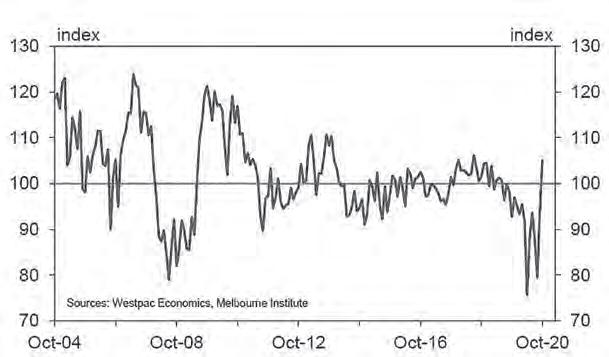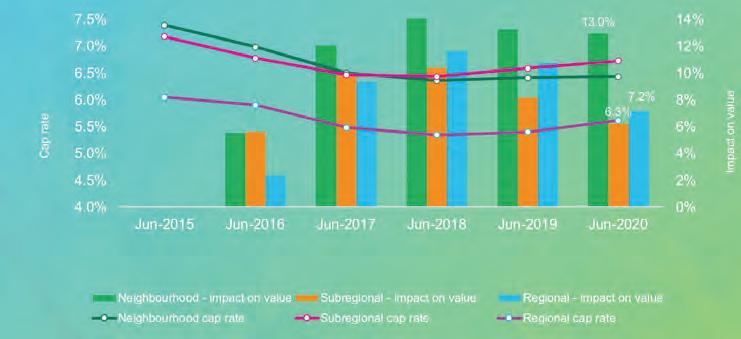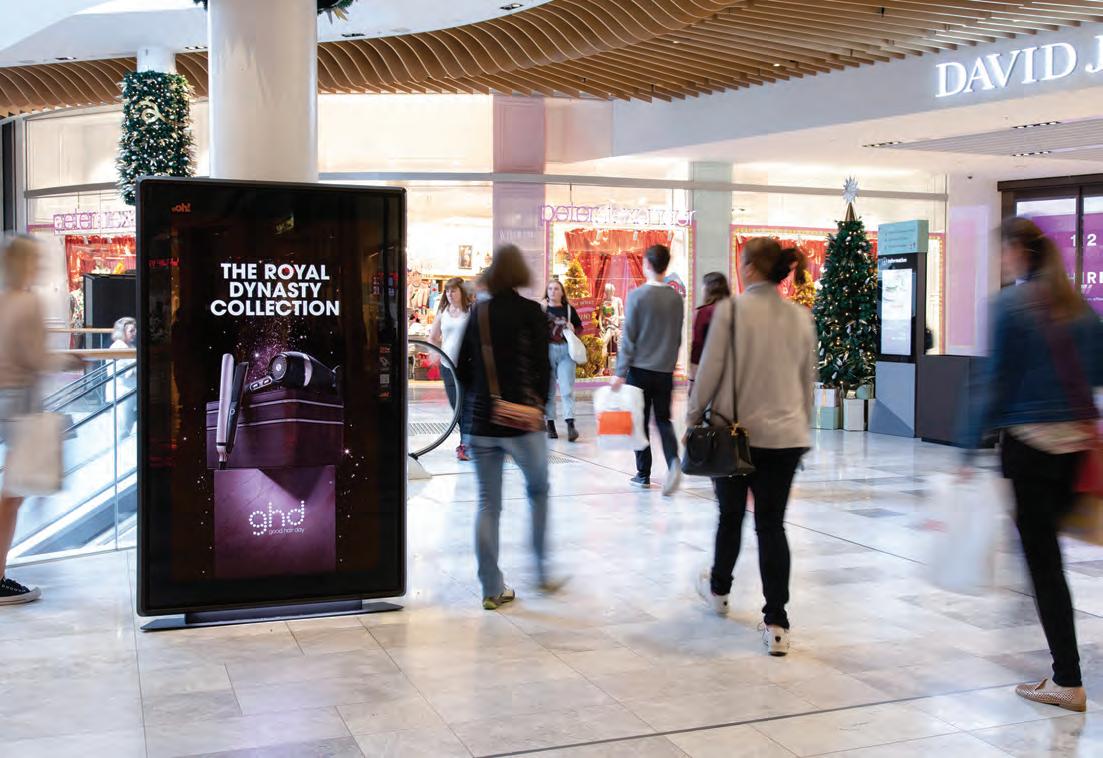
5 minute read
Legal: Sneakerboy v Georges Properties
legal matters
One always gets the feeling that Robert Speirs writes with tongue in cheek. But he’s a lawyer so he’s serious! The ‘Sneakerboy’ verdict is in – the first superior court to consider the COVID regulations. We could be in for a lot of new Maseratis for lawyers!
Advertisement
Sneakerboy v Georges Properties
ROBERT SPEIRS Founding Partner Speirs Ryan
Since the COVID-19 regulations took effect there have been a few sad muppets like me, locked in dark rooms, trying to apply the regulations on a national basis.
I know allowances have to be made because we are dealing with an emergency, but remember that the regulations can be traced back to the single, universally endorsed, National Code.
After endorsing the Code, each state and territory was tasked with enacting local legislation to give the Code teeth. It would have been easy for all jurisdictions to agree to simply enact the Code. Alternatively, if the Code was thought to be too informal, they could have said “Gladys (or Dan, Anna or whoever), why don’t you draft up the regulations, and we’ll all enact the same thing?” I mean, we are all in the same boat, solving the same problem.
But no, we all went back to our bunkers, and imparted our own special magic. We gave the Code 6 different sets of choppers.
And so instead of having a consistent set of rules to apply across the board, landlords have to work out whether, or how, the regulation applies 6 different times, before getting down to the real business of providing the statutory relief.
No one really cares if the start date is 29 March or 30 March or 24 April, but they do care about having to scratch around to work out what it is.
Guys, you don’t manage an emergency by creating chaos!
So the judgment in Sneakerboy Retail Pty Ltd (t/as Sneakerboy) v Georges Properties Pty Ltd (No 2) [2020] NSWSC 1141 (‘Sneakerboy’) is valuable because it helps us muppets work out what to do.
Sneakerboy is the first superior court to consider the COVID-19 regulations and to answer some of the questions we have been batting around.
The decision is from NSW. In NSW, the regulations direct us to have regard to the leasing principles of the Code when renegotiating the rent payable by a pandemic-impacted tenant. Only NSW, South Australia and Tasmania take this approach. The other jurisdictions do not incorporate the Code by reference (although they copy and paste some content). While it is possible to distil from the case some conclusions of general application, the decision should be treated with care in jurisdictions other than NSW. When can landlords enforce breach?
Regulation 6 in NSW says (in summary) that a lessor must not take prescribed action [eg. re-enter and terminate the lease] on the grounds of a breach of the lease during the prescribed period, consisting of a failure to pay rent or outgoings.
Sneakerboy is now authority for the proposition that if the breach (eg. failure to pay rent) occurs during the prescribed period, the landlord cannot take the usual enforcement action during or after the prescribed period [see paragraphs 65-67].
By the same token, it must also mean that landlords can take usual enforcement action during the prescribed period for breach that occurred before the prescribed period. When does the entitlement to relief bite?
In those jurisdictions that expressly adopt the Code, Sneakerboy is authority for the proposition that the entitlement to relief starts, at the latest, from
1 April 2020. In NSW, the regulation took effect on 24 April 2020, but the Court held it had retrospective effect to correspond with the “COVID-19 pandemic period”. This is because leasing principle 3 says that rent relief is to be offered for that period. The Court struggled to find a definition of this period, but ultimately held (by reference to the start date of the JobKeeper program) that the COVID-19 prescribed period commenced 1 April 2020.
This might not be the last word on this issue, since the Court did not mention the last paragraph of the Code, which stated that the Code comes into effect “on a date following 3 April 2020… to be defined by each jurisdiction”.
I guess tenants would argue that just as the NSW regulation can have retrospective operation so as to correspond with the JobKeeper start date, so too can the Code, no matter when it came into effect.
The answer to this argument is that had this been intended, there would have been no need to express a commencement regime at all. No matter when the state legislation hit the deck, it would take retrospective effect. In my respectful opinion, it is better to give the statement of intention as to the start date in the Code some work to do.
It is also worth noting that Victoria enacted a commencement date of 29 March; that is, before the JobKeeper program commenced. If one state can validly enact an earlier start date, it is hard to see why a different state cannot enact a later one.
And while we are humping on this leg, it is hard to see why the vague process about start date teased out of leasing principle 3 should prevail over the clear and express statement in the Code about start date quoted above. Meaning of 'tenant’s trade'
Leasing principle 3 says that rent relief is to be provided “based on the reduction in the tenant’s trade”.
Does the reduction relate to the whole of the tenant’s turnover from all shops and locations (including internet sales) or just the reduction in turnover at the premises that are the subject of the particular lease?
The Court held [at para 112] that this question does not always require the same answer, but that generally, it will require consideration of the whole of the tenant’s turnover [see paragraphs 114 and 116]. Subsequent recovery period
Sneakerboy is authority for the statement that renegotiated lease terms will continue to take effect after repeal of the pandemic regulations. Sneakerboy was afforded a recovery period of 6 months following the (then) repeal date of the NSW regulations on 24 October 2020. That is, the reduced rent payments, and waiver and deferral arrangement during the period from 1 April to 24 October, was extended for a further six months. Conclusion

In practice, Sneakerboy just provides some more colour to the negotiation palette. It is a good, solid judgment, and provides a useful yardstick.
I am seeing a lot of spirited negotiation between national landlords and tenants over COVID-19 relief packages, but also a lot of resolution. By and large, I am seeing the leasing principles in the Code being applied, and industry participants getting on with the real business of trading out of the pandemic. SCN











